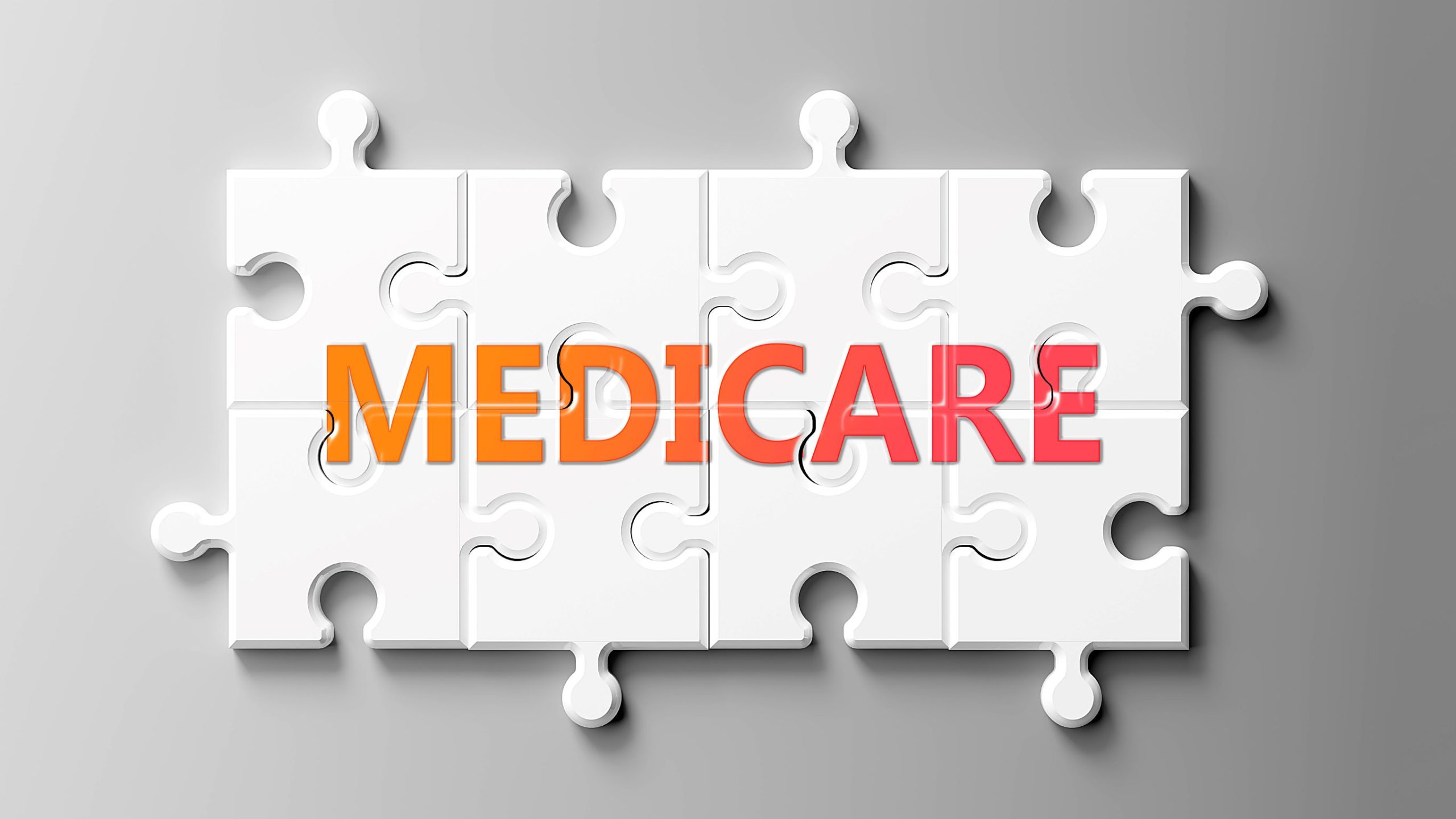Accidents happen. That’s a fact of life. One of the most important parts of a financial plan is ensuring the protection of your nest egg, should the unthinkable happen. Most financial planners concentrate on the three biggest areas of insurance when it comes to protecting you and your family from financial loss: disability, long-term care, and life insurance. However, there are areas of equal importance that can’t be overlooked. This includes property and casualty insurance, which helps protect such possessions as your home or car; and liability coverage, which provides financial protection should you be found responsible for harming another person or their property.
The two basic protections that most people purchase at an early age are auto insurance and homeowners (or renters) insurance. Both auto insurance and homeowners insurance include liability protection as one of their basic coverages. (There are nuances to home and auto policies that should be understood but are too involved for inclusion in this article. If you have questions about these, please call your wealth advisor.) Sometimes, however, the amount of liability coverage is not sufficient given your financial position, thus requiring the addition of an Umbrella Liability policy.
An Umbrella Liability policy is one of the most overlooked, or outright missed insurance coverages. Virtually everyone should purchase this important insurance.
Umbrella insurance refers to liability insurance that goes beyond the liability coverage specified in other policies you may own. This policy can potentially become the primary insurance for losses not covered by other policies. It is not uncommon for juries or settlements to award millions of dollars to the victim of an accident. How would you pay for that? Consider these scenarios:
- You or a family member are responsible for a motor vehicle accident that causes serious injury.
- Someone falls on your driveway and is seriously injured.
- Your dog bites someone.
- A person drowns in your unattended pool.
While your existing policies may provide up to $500,000 of liability coverage if you are found legally responsible for injuring someone or damaging their property, any settlement beyond that would come out of your pocket. This would likely have a significant impact on your plans for financial independence. Having an Umbrella Liability policy in place provides you with an extra layer of protection.
So, how much coverage is needed and how much will it cost? Ideally, you should purchase coverage equal to your total personal assets or net worth. This insurance is inexpensive when compared to other insurances (e.g. life and long-term care) and when compared to the coverage it affords you. Typical coverage starts at $1 million and increases to $10 million, and annual premiums range from $250 – $400 per $1 million of coverage, depending on the insurance provider.
Umbrella coverage is not just for the wealthy, those partaking in high-risk activities or hobbies, or those with teenage drivers. It is recommended for everyone with assets to protect, whether for your future, or the future of your family’s legacy. Should you own a business, you may also want to inquire about business excess liability insurance.
At EKS Associates, we review these and other insurances as part of the initial financial plan we create and monitor them annually. If you have questions about the different insurances available and which ones are best for you and your family, we encourage you to contact your wealth advisor.



